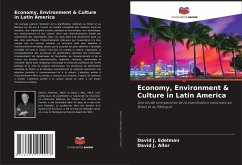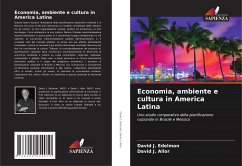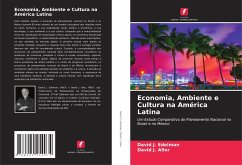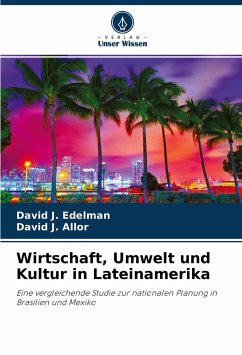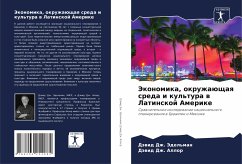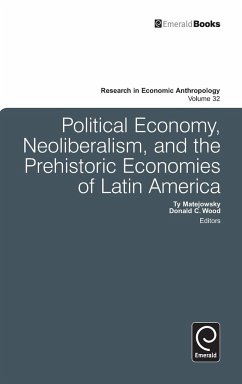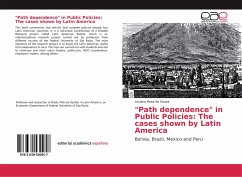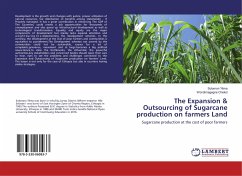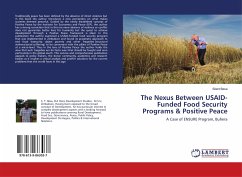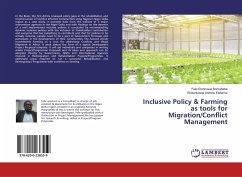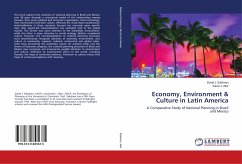
Economy, Environment & Culture in Latin America
A Comparative Study of National Planning in Brazil and Mexico
Versandkostenfrei!
Versandfertig in 6-10 Tagen
39,99 €
inkl. MwSt.

PAYBACK Punkte
20 °P sammeln!
This work explores the evolution of national planning in Brazil and Mexico over 90 years through a conceptual model of the relationships among humans, their social, political and economic organization, their technology, their environment and their culture. Whereas the initial import-substitution industrialization in these countries focused too narrowly upon specific sites, later export-led industrialization has attended only to the global market. The former was more attentive to the immediate environment, while the latter is more attentive to world ecology. Neither considered culture. However,...
This work explores the evolution of national planning in Brazil and Mexico over 90 years through a conceptual model of the relationships among humans, their social, political and economic organization, their technology, their environment and their culture. Whereas the initial import-substitution industrialization in these countries focused too narrowly upon specific sites, later export-led industrialization has attended only to the global market. The former was more attentive to the immediate environment, while the latter is more attentive to world ecology. Neither considered culture. However, the conceptualization of national planning processes must simultaneously recognize dynamics of economy, environment, and culture at community, regional, national, continental and global scales. After long promoting the positivistic search for political order and the dream of economic progress, the national planning processes of Brazil and Mexico now recognize and incorporate parallel attention to environment and culture. Attention to environment offers to the world, including humans, the hope of continued existence. Attention to culture infuses that hope of continued existence with meaning.



